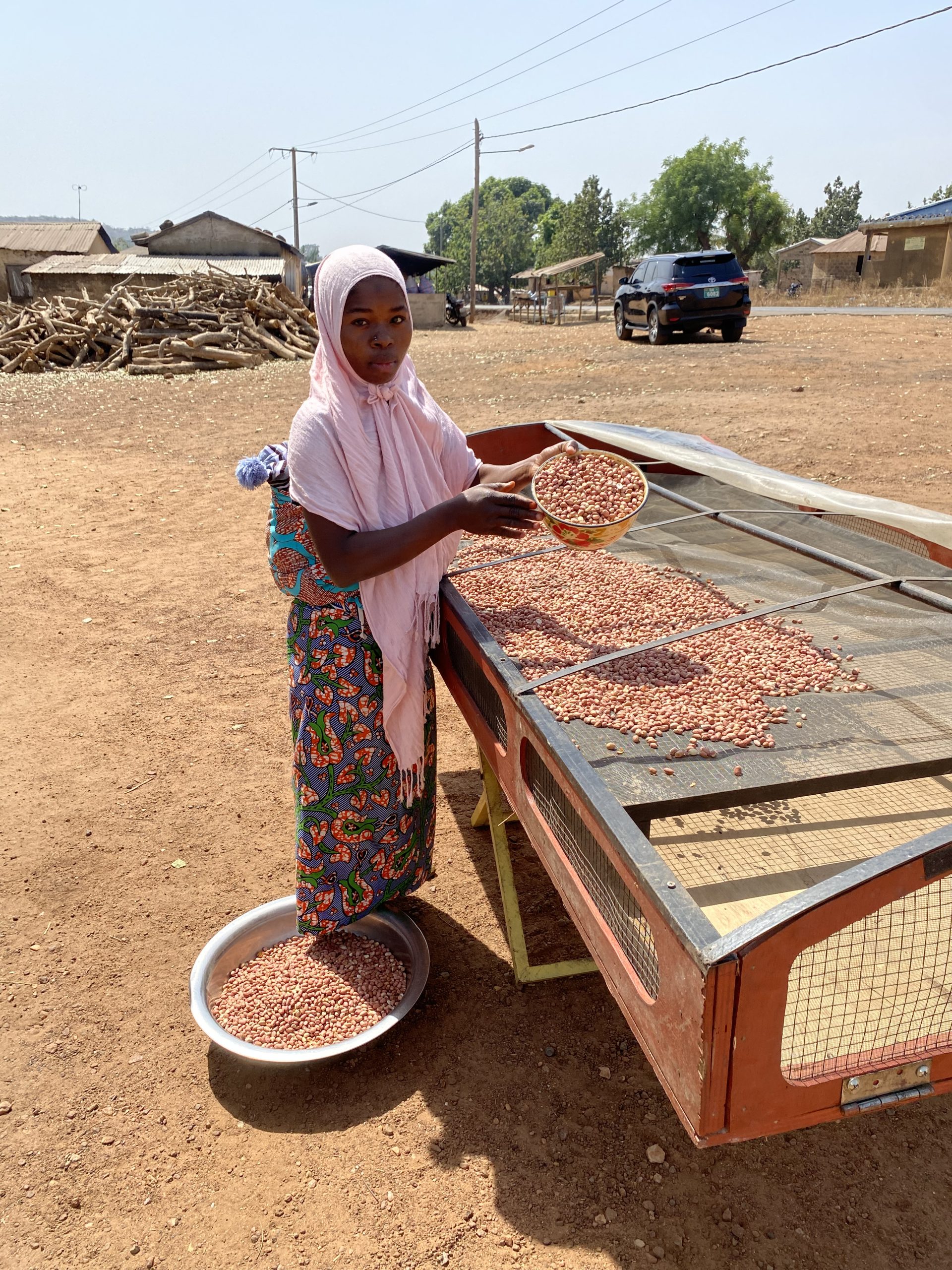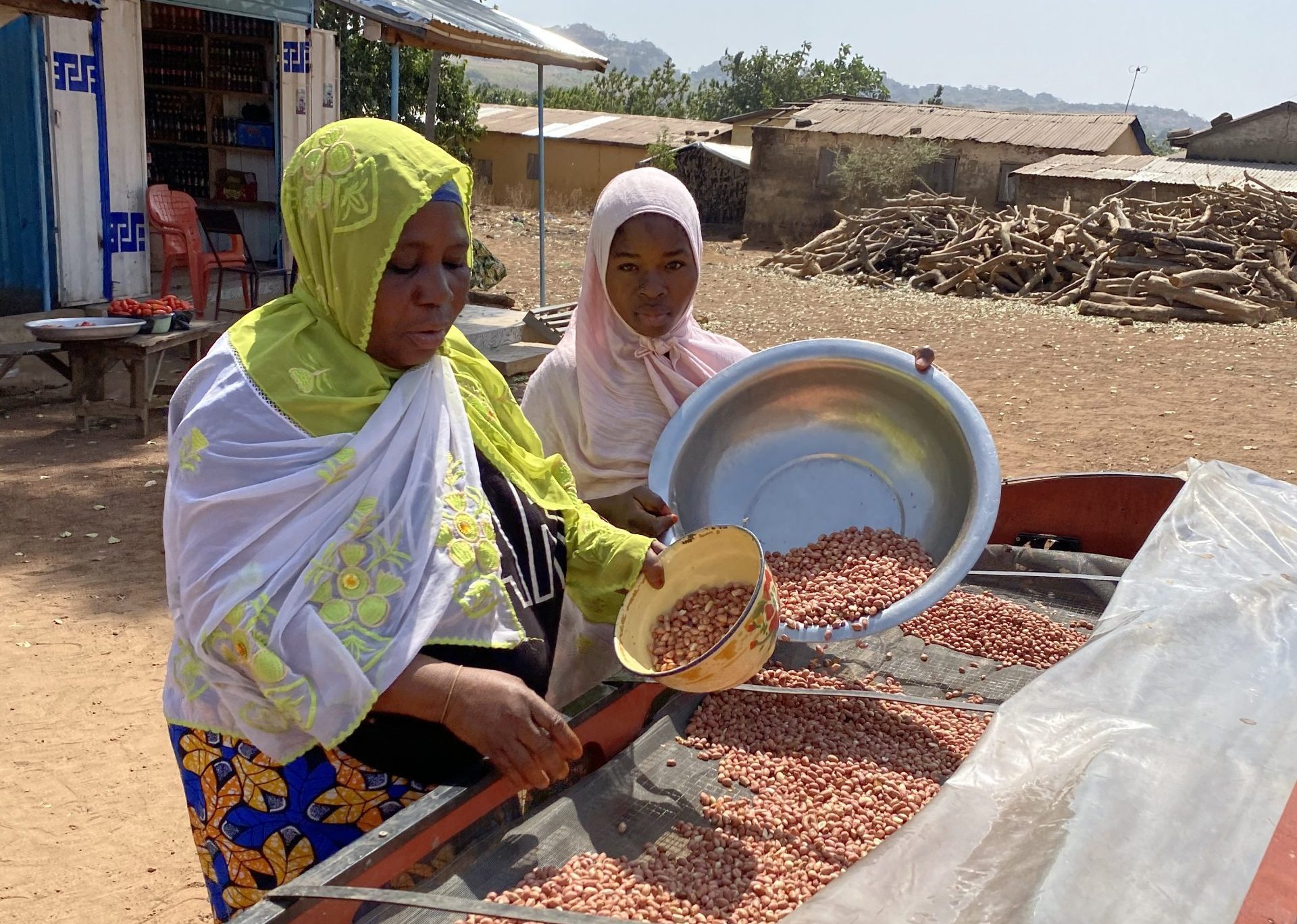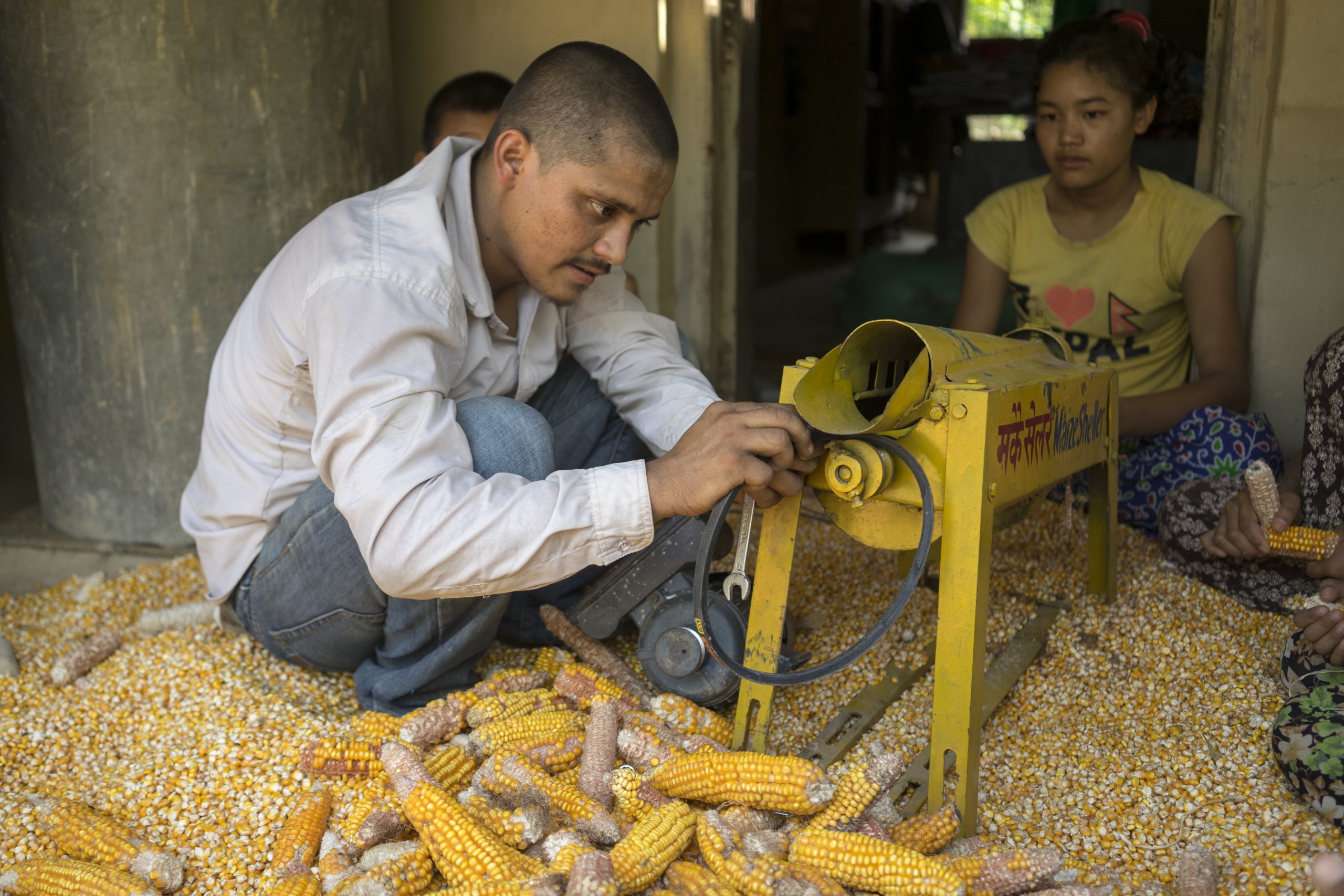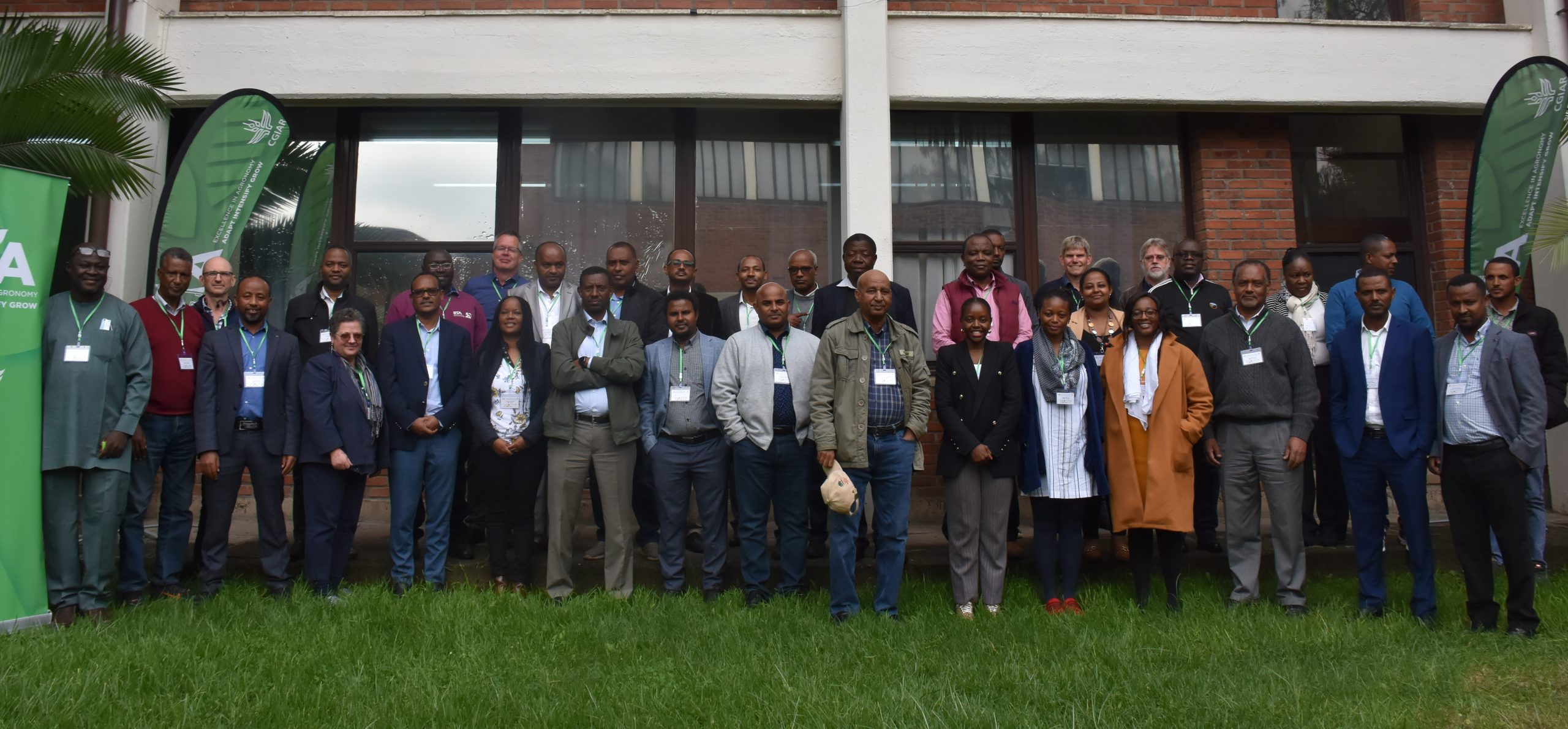Solar powered peanut dryers in Togo are helping women-run cooperatives reduce their workload and increase their profits.
A number of West African countries have climate and soil well-suited to groundnut cultivation. In the second half of the twentieth century, the region became a world leader in peanut production. In Togo, peanuts do well, but problems with postharvest processing have kept this crop performing well below its potential.
However, the introduction of the solar powered dryers has had a significant positive impact on the production and preservation of a vital crop for the local population.
From peanut stews and sauces that are staples of national cuisine to overseas export of peanut products, there is no shortage of uses for this groundnut in Togo. However, smallholding farmers struggle to preserve their entire crop in large part because of aflatoxins, which thrive when conditions are too moist and ruin peanuts.
“Peanuts are a very perishable commodity and they can spoil if not stored properly for processing,” said Aïssetou Koura, president of the peanut farmer cooperative in Koumonde.
This is particularly true for smallholding peanut farmers, which in Togo includes many women. The established method for drying peanuts is to lay them out in the open air, which is a labor-intensive process that leaves the crop exposed to unexpected rains and contamination by pests. “In the past, we suffered huge losses,” Aïssetou explained.

A better way to dry
In 2021, the introduction of solar dryers began to change things dramatically for peanut farmers in cooperatives from Tovegan to Dapaong. In collaboration with the United Nations Food and Agriculture Organization (FAO), the Green Innovation Centers for the Agriculture and Food Sector (GIC) in Togo helped a local manufacturer, Guema Concept, develop solar dryer technology for local peanut farmers from plans made by the University of Hohenheim.
Launched in 2014 by Germany’s Federal Ministry for Economic Cooperation and Development’s special initiative One World No Hunger, GIC collaborates with the International Maize and Wheat Improvement Center (CIMMYT) to increase agricultural mechanization in 14 countries in Africa and two in Asia.
The dryers are equipped with a ventilation system and a power kit that includes solar panels and a battery so they can operate during periods of reduced sunlight. They have a capacity of 12 kilograms and can complete a drying cycle in as little as two hours, which is about one quarter of the time a manual drying cycle takes. Depending on the solar exposure, cooperatives like the one in Koumonde can perform three or four cycles in a day.
“We have found a solution by preserving our products with the solar dryer,” Aïssetou said.
GIC has helped five smallholding farmer cooperatives procure solar dyers across Togo, and more than 50 women farmers are members of these groups whose work is benefitting from this technology.
Farmers like Aicha Gaba are also increasing their profit because the solar dryers allow them to do more work with fewer laborers.
“Our cooperative dries peanuts with only two people via the solar dryer, unlike conventional open drying, which requires five people to spread, turn, monitor and collect the peanuts,” Gaba said.
“This process reduces the workers’ wages and then saves us the money of three workers, which is a good thing for us.”
The new technology is producing better peanuts thanks to consistent moisture and temperature levels and faster processing speeds, said Djéri Bossa, a member of the cooperative in Bassar.
“Thanks to the solar dryers offered by GIC Togo, we can freely dry our products in good conditions,” Bossa explained.
“The products derived from the processing of peanuts are of improved quality, unlike the conventional open-drying method we used.”
All is not sunny
Despite the initial success of the solar dryers, there are challenges that remain for scaling up this innovation. The dyers are quite heavy and, for smallholding women, it can be difficult to maneuver the machines by themselves. At the same time, farmers say that – even with the greater volume the dryers have helped them achieve – they would still like a higher-capacity machine.
But even with the need for lighter, harder-working dryers, there is enormous potential for this innovation to spread to new areas, bring additional production and income to smallholding farmers (including many women), and help make groundnuts a bigger piece of the economic pie in Togo.
Cover photo: Smallholding peanut farmers Aicha Gaba and Aïssetou Koura lay peanuts into a solar dryer in Koumonde, Togo. (Photo: Laré B. Penn/University of Lome)
Thank you to our partners, Laré B. Penn (University of Lomé) and Johanna Steinkuehler (GIZ Togo).


 Nutrition, health and food security
Nutrition, health and food security 
